
You are using an outdated browser. Please upgrade your browser to improve your experience and security.
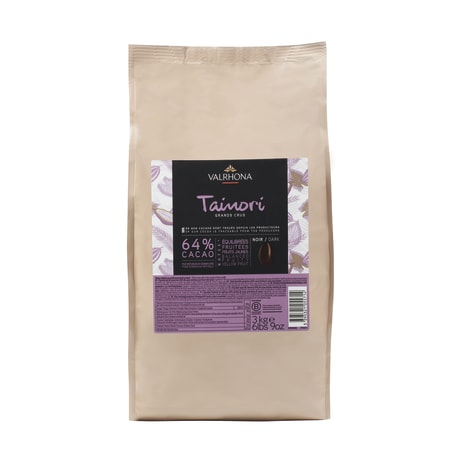
Taïnori, Single Origin* Dominican Republic, this Valrhona Grand Cru offers balanced dark chocolate with yellow fruit notes, made from *cocoa beans from Duarte province.
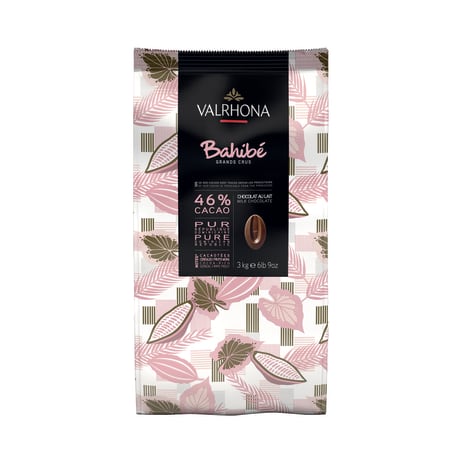
Bahibé 46%, Single Origin* Dominican Republic, a Valrhona milk chocolate Grand Cru with a cocoa-rich taste and cereal and ripe fruit notes, made from *cocoa beans from Duarte province.
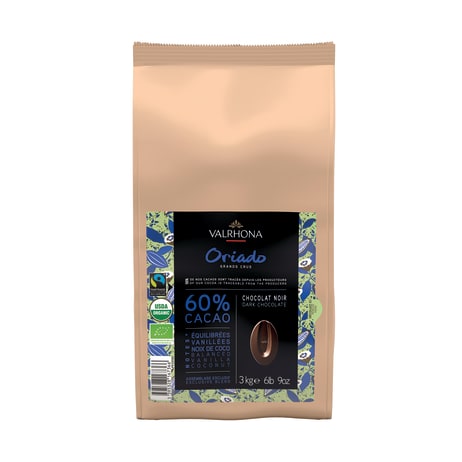
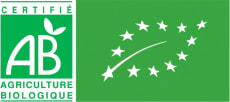
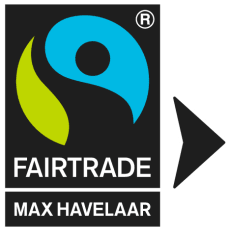
ORIADO 60% is a unique Valrhona Blended Origin Grand Cru chocolate made of cocoa beans from Peru and the Dominican Republic. Fairtrade and Organic dark chocolate couverture.
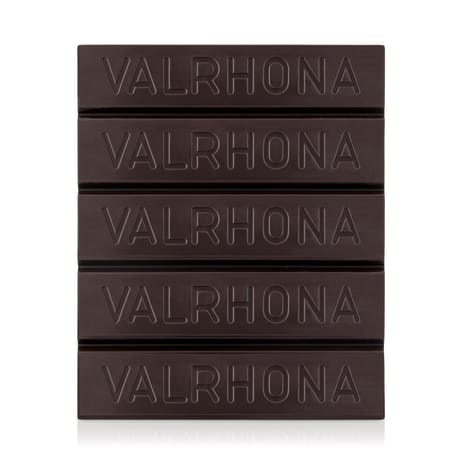
The Valrhona dark chocolate Pure Pastes are ideal for your mousses, crémeux and ganaches, ice creams and sorbets
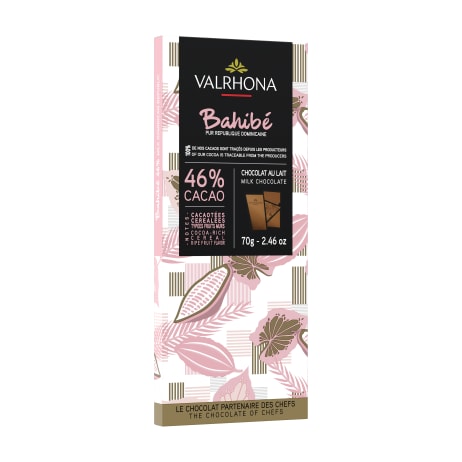

Thanks to its high cocoa content, Bahibé adds intense cocoa notes to its gentle milky flavor, with nutty hues, fruity acidity and a slightly bitter edge. Bahibé 46%, Single Origin* Dominican Republic, a Valrhona milk chocolate Grand Cru with a cocoa-rich taste and cereal and ripe fruit notes, made from *cocoa beans from Duarte province.




Oriado’s creamy, vanilla mellowness lulls you into a siesta on warm sands, as the sun intoxicatingly caresses your skin


Enveloping, Balanced, Vanilla with a hint of coconut. Fairtrade and Organic dark chocolate.
You are using an outdated browser. Please upgrade your browser to improve your experience and security.